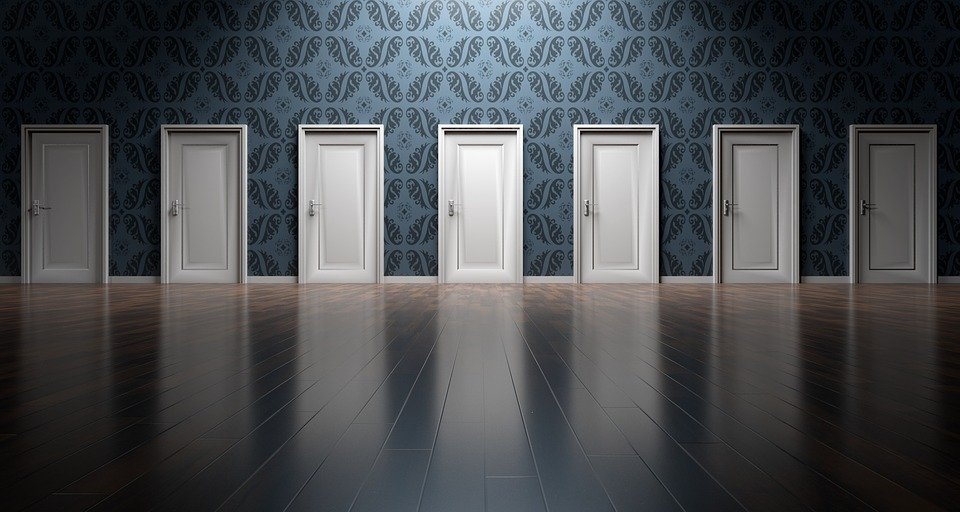Life is a web of decisions in which every strand could lead to a different outcome.
One strand may end in prison while another leads to success and a secondary residence.
The most considerable difference between good and bad outcomes is those good things rarely happen quickly.
We make hundreds of decisions every day, decisions without a structure of analysis could stunt our progress at rising from bed.
A few questions clarify the value of decisions.
1. Will this benefit me immediately?
2. Will this benefit me in two months?
3. Will this benefit me in a year?
These questions separate meaningful work from impulse.
I may want dread going to the gym (when the state allows it to reopen again), but I know it will benefit me in the short and long run.
Binge-eating ice cream may bring fleeting pleasure but a headache soon after.
Investing in mutual funds and a 401k is painful at the time, but if your employer matches the latter, it’s literally free money— a better return on investment than you’ll make in the stock market, after taxes.
Like investing, meaningful work is often painful. Ask anyone who’s written a book.
You’re creating something that has never existed before in the world: an exhausting task, but it is entirely worth it.
The COVID-19 lockdowns should illuminate the beauty of human freedom in decisions: to get a haircut, to visit family, and to travel on a motorboat without fear of being ticketed by the state.
The world is too wonderfully complex to be bored.
Time is the scarcest resource on earth. Even billionaires can’t buy more of it, which is why most habits and repeated decisions matter.
Money guru Paula Pant start’s her podcast with a quote that more should ponder: “You can afford anything, but not everything. We make daily decisions about how to spend money, time, energy, focus, and attention— and ultimately, our life.”
“Every decision is a trade-off against another choice.”
